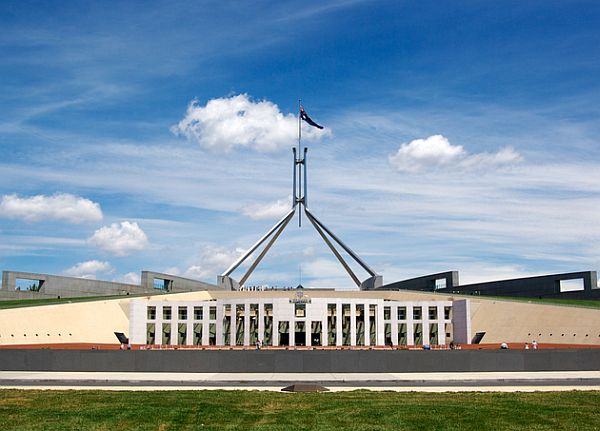12 Mar 2013

The Federal Government’s foray into the regulation of onshore natural gas exemplifies what is wrong with the duplicative and inefficient management of this critical energy source.
Policies that undermine the development of energy projects and curtail energy production impose real costs on the Australian community in the form of lost jobs, forgone economic growth, and higher energy bills.
APPEA Chief Executive David Byers said: “The Federal plan to introduce an industry-specific trigger in its environmental regulation is a text-book example of how to increase costs to industry while delivering absolutely no environmental benefit.
“Eastern Australia needs more gas, not more regulation.
“The coal seam gas industry provides a third of Eastern Australia’s natural gas, and is one of the most heavily regulated industries in the country due to existing state government processes. Today’s intervention by the Federal Government adds duplication and inefficiency at a time when clarity and investor certainty are what is required.
“Queensland’s coal seam gas industry now employs more than 27,000 people, has signed 3,500 landholder agreements, and has so far contributed more than $100 million to community projects and causes. But in NSW, where arbitrary and ad hoc government regulation continues to send the signal that the state is closed for business, our industry employs only 332 people, has signed just 281 agreements with landholders, and has contributed $662,000 to community projects.
“The oil and gas industry supports stable, predictable, robust regulation of its activities based on sound scientific principles and assessment, as it is currently investing more than $200 billion in new Australian projects.
“Unfortunately, it appears that today’s announcement has little to do with science or fact and appears more to do with politics. It flies in the face of everything COAG is doing to reduce red-tape and deliver consistent, efficient regulation.
“Burying the gas industry in unnecessary regulation has real consequences and will inhibit the industry’s ability to do what is so important to so many: produce the natural gas needed by thousands of Australian households and businesses.” Download PDF
Media Contact

